European parliament calls for social media ban on under-16s
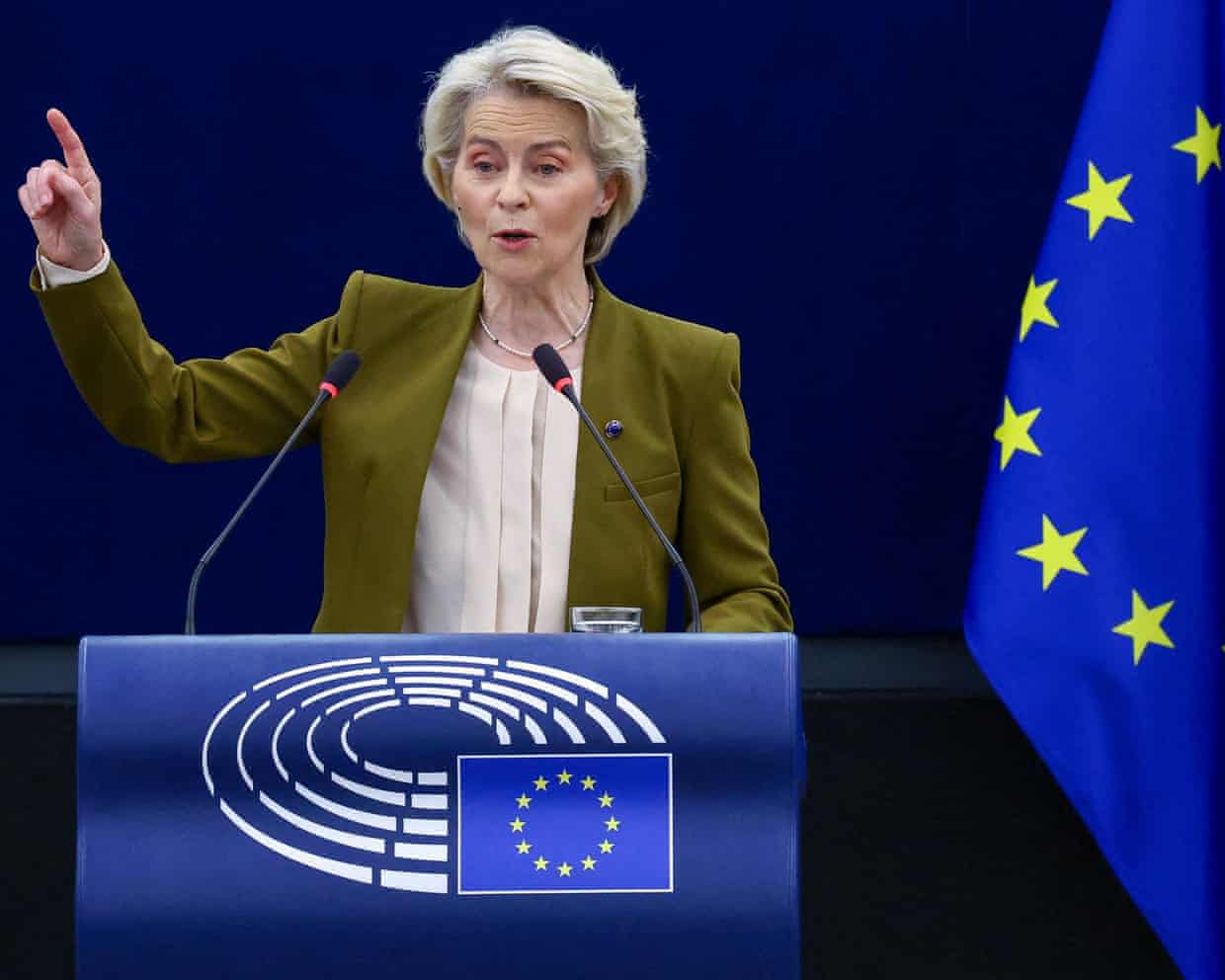
Children under 16 should be banned from using social media unless their parents decide otherwise, the European parliament says.MEPs passed a resolution on age restrictions on Wednesday by a large majority.Although not legally binding, it raises pressure for European legislation amid growing alarm about the mental health risks to children of unfettered internet access.The European Commission, which is responsible for initiating EU law, is already studying Australia’s world-first social-media ban for under-16s, which is due to take effect next month.In a speech in September, the commission’s president, Ursula von der Leyen, said she would watch the implementation of Australia’s policy.
She spoke out against “algorithms that prey on children’s vulnerabilities with the explicit purpose of creating addictions” and said parents felt powerless against “the tsunami of big tech flooding their homes”.Von der Leyen promised a panel of experts would be set up by the end of the year to advise on the best approach to protecting children.Interest is growing in restricting children’s social media and smartphone access.An expert report commissioned last year by France’s president, Emmanuel Macron, said children should not be allowed to use smartphones until the age of 13 and social media, such as TikTok, Instagram and Snapchat, until they were 18.Christel Schaldemose, the Danish Social Democrat MEP who drafted the resolution, told reporters that politicians needed to act to protect children: “It is not just parents.
Society also needs to step up and make sure that platforms are a safe place for minors to be, but only if they are above a certain age.”Her report called for the default disabling of addictive features on internet platforms when used by minors, such as infinite scrolling (endless content as the user scrolls down), videos that automatically play, excessive push notifications and rewards for repeated use of a site.The resolution noted that “addictive design features are often inherent to the business model of platforms, notably social media”.An earlier draft of the Schaldemose report cited a study stating that one in four children and young people displayed “problematic” or “dysfunctional” smartphone use – behavioural patterns mirroring addiction.The resolution said children should be 16 before they could access social media, although parents could give consent from the age of 13.
The White House is urging the EU to roll back its digital laws and some supporters of a social media ban explicitly framed the vote in this context,At a meeting in Brussels on Monday, Howard Lutnick, the US commerce secretary, said EU rules on tech companies needed to be more “balanced” in exchange for lower US steel and aluminium tariffs,Referring to Lutnick’s visit, Stéphanie Yon-Courtin, a French MEP from Macron’s party, said Europe was not “a regulatory colony”,In a statement after the vote, she added: “Our digital laws are not for sale,We will not back down on children’s protections because a foreign billionaire or big tech tells us to.
”The EU already seeks to protect internet users from online harms, such as disinformation, cyberbullying and illegal content, via its Digital Services Act.But the resolution said this law had gaps and could do more to protect children from addictive design features and online exploitation, such as financial incentives to become influencers.Schaldemose said the act, which she co-authored, was strong “but we could go further, especially in areas of addictive design features and harmful dark pattern practices where we are not so specific, not so precise”.Sign up to TechScapeA weekly dive in to how technology is shaping our livesafter newsletter promotionDark patterns refer to app or website design features to influence decision-making, such as countdown timers to encourage users to make purchases, or nagging requests to turn on location trackers and notifications.Schaldemose’s resolution was adopted by 483 MEPs and opposed by 92, with 86 abstentions.
Eurosceptic MEPs criticised the plan, saying the EU would be overreaching if it banned social media access for children.“Decisions about children’s access must be taken as close to families as possible – in the member states, not in Brussels,” said Kosma Złotowski, a Polish member of the European Conservatives and Reformists group.The resolution was passed only one week after the commission announced delays to changes to its Artificial Intelligence Act and other digital laws in a push to lighten regulation on companies in the name of “simplification”.Schaldemose said she appreciated the need to avoid creating too many laws but added “there is a willingness to do more when it comes to kids and protection of our children in the EU”.

North Sea plan allows drilling while enabling Labour to keep ‘no new licences’ pledge
The energy secretary, Ed Miliband, has returned from the Cop30 climate conference in Brazil, where he championed the UK’s world-leading promise to ban all new oil and gas licences and backed the call for a blueprint to “transition away from fossil fuels”.Back at home, the government says it is sticking to its manifesto pledge by becoming the first major economy to have a 1.5C- and climate science-aligned no new licences position, but it plans to allow some new drilling in oil and gas fields that have existing licenses.The North Sea strategy, released on Wednesday alongside the autumn budget, will introduce “transitional energy certificates” that will allow new drilling on or near existing fields. These are called “tiebacks” and will enable a small amount of new fossil fuel extraction
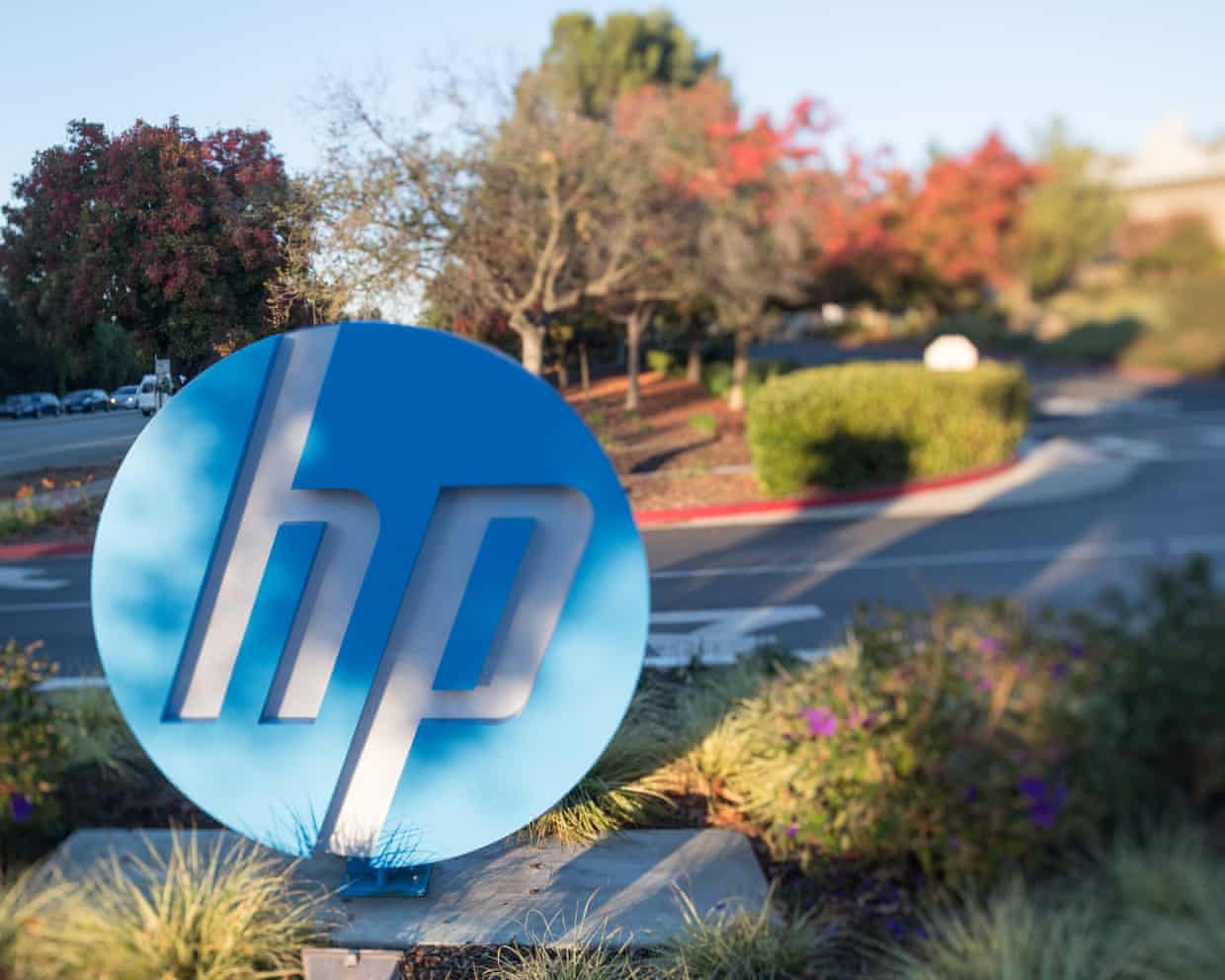
Computer maker HP to cut up to 6,000 jobs by 2028 as it turns to AI
Up to 6,000 jobs are to go at HP worldwide in the next three years as the US computer and printer maker increasingly adopts AI to speed up product development.Announcing a lower-than-expected profit outlook for the coming year, HP said it would cut between 4,000 and 6,000 jobs by the end of October 2028. It has about 56,000 employees.“As we look ahead, we see a significant opportunity to embed AI into HP to accelerate product innovation, improve customer satisfaction and boost productivity,” said the California company’s chief executive, Enrique Lores.He said teams working on product development, internal operations and customer support would be affected by the job cuts

Ministers approve £750m Marlow Film Studios development after review
Ministers have approved a development to build a £750m Hollywood-style film and TV studios in Marlow, west of London, a project that has faced local opposition and been seen as a test of Labour’s appetite to prioritise economic growth.The Marlow Film Studios project has received high-profile backing from film-makers including the director of 1917, Sam Mendes, the director of Titanic and Avatar, James Cameron, and the Captain Phillips director, Paul Greengrass.Last year, Buckinghamshire county council rejected the planning application, prompting its backers to lodge an appeal to the national planning body to get the decision overturned.However, Angela Rayner, the former secretary of state for housing, communities and local government, called in the planning application. The outcome of the review had been seen as a benchmark for Labour’s desire to put economic growth ahead of local opposition, as stated repeatedly by the chancellor, Rachel Reeves

The latest inflation figures offer no joy – except to the gas producers whose windfall profits remain largely untouched | Greg Jericho
The latest inflation figures showed a jump in the growth of average prices from 3.6% to 3.8%. But they also indicate just how much our economy is caught up in the ramifications of Russia’s illegal invasion of Ukraine, which sent gas prices higher – and with it our electricity prices.The October consumer price index figures were a turning point for data in Australia
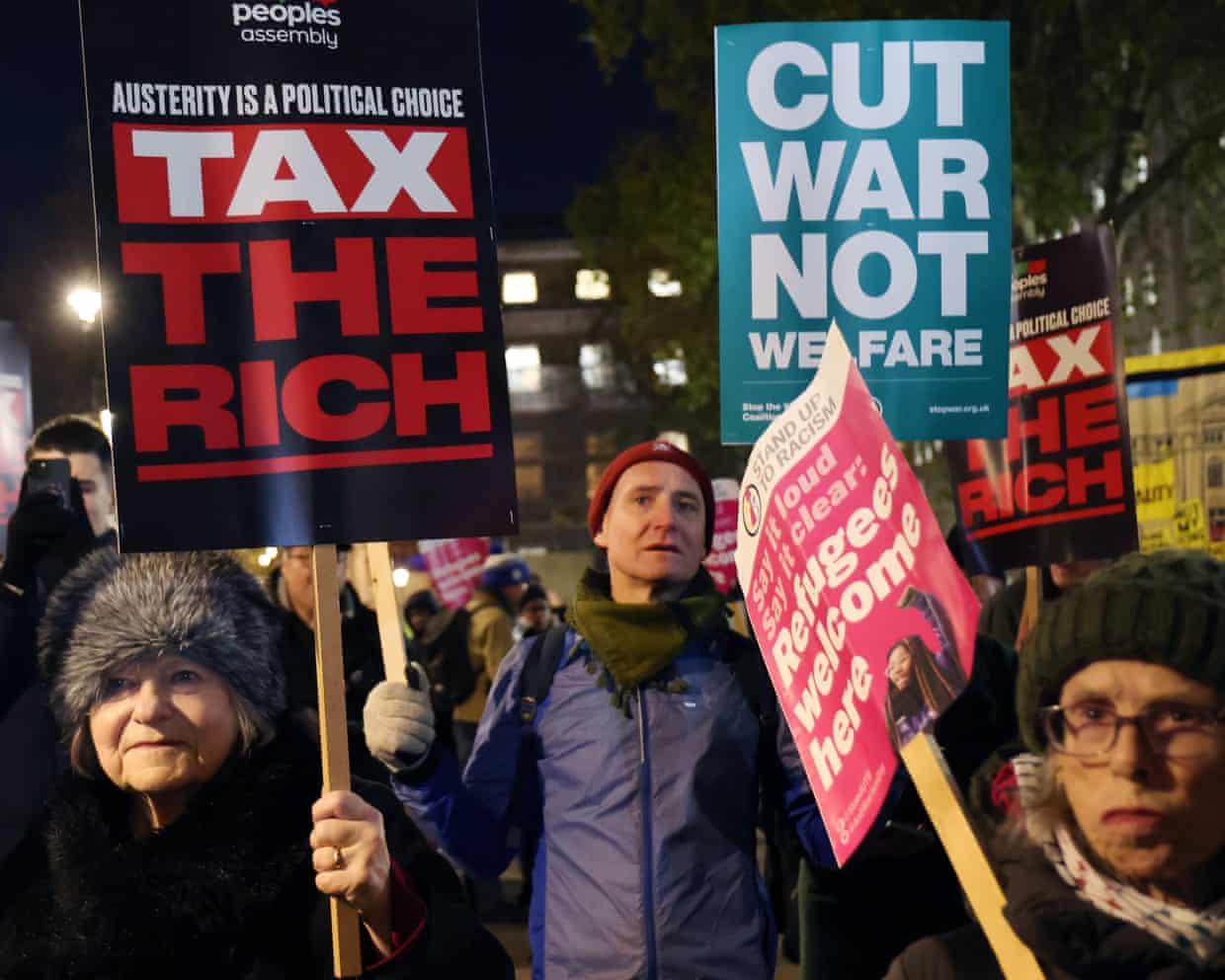
UK borrowing costs fall after early release of budget forecasts – as it happened
Follow Rachel Reeves’ budget as it happens, and all the details of the mistakenly released OBR forecasts, with Graeme Wearden and Andrew Sparrow on our politics live blog:By the end of the day, UK bonds had recovered more ground as investors welcomed the UK’s new fiscal outlook.The news that the chancellar has doubled her budget headroom to over £20bn helped to spark a rally in gilts today.The 10-year UK bond yield fell by 11 basis points, to 4.42%, while 30-year yields fell by 11bps.Deutsche Bank analysts have spotted that this was the best Budget day for UK government debt, compared to German and American debt, in almost 20 years!They report:At first glance, the gilt market likes what it heard from the Chancellor today
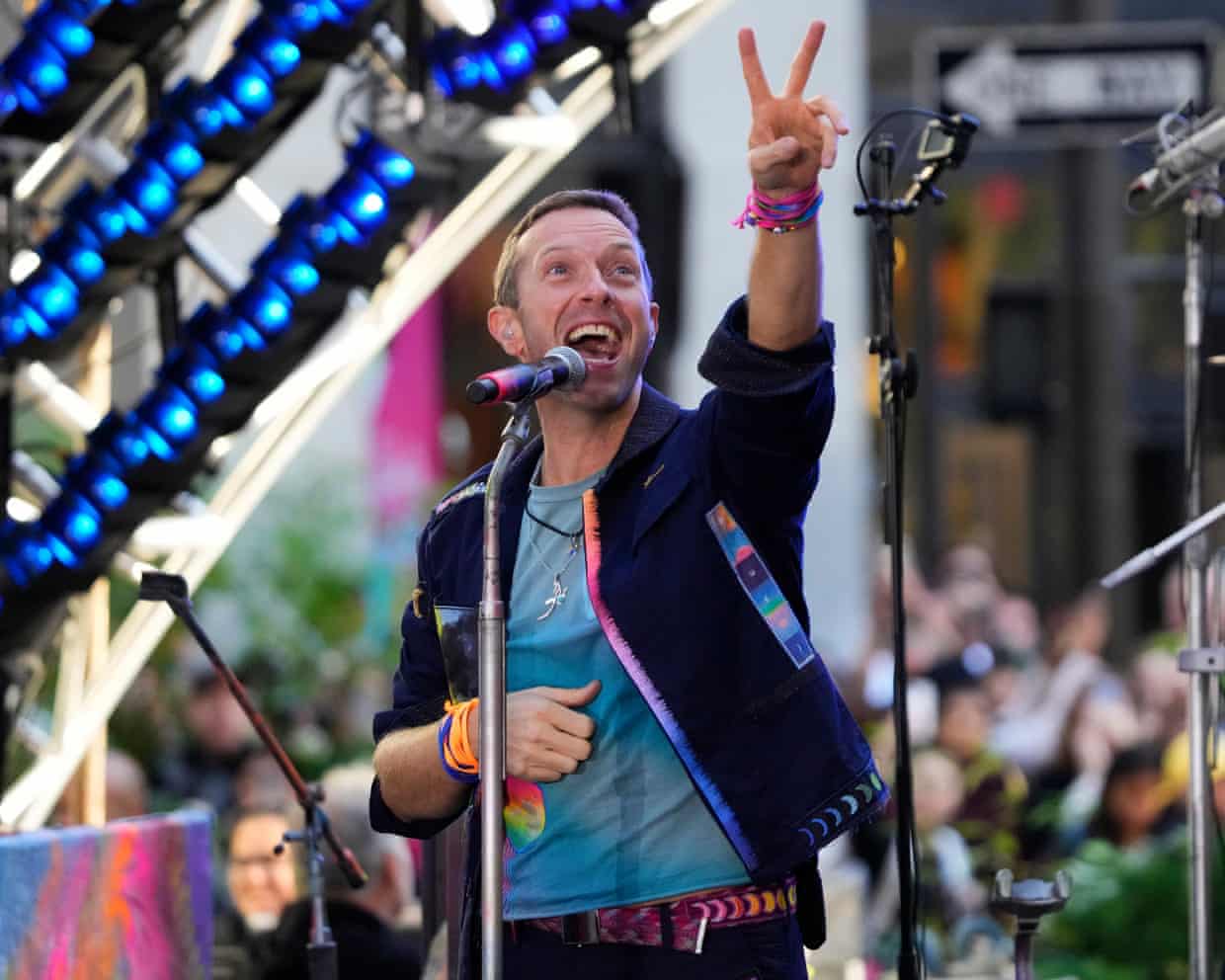
Warner Music signs deal with AI song generator Suno after settling lawsuit
Warner Music has signed a licensing deal with the artificial intelligence song generator Suno after settling a copyright infringement lawsuit it launched against the service a year agoWarner, the world’s third-largest music company and home to acts including Coldplay, Charli XCX and Ed Sheeran, is the first of the major record labels to partner officially with the company.As part of their agreement, users will be allowed to create AI-generated songs on Suno via simple text prompts using the voices, names and likenesses of the Warner acts who choose to opt in to the service.Robert Kyncl, the chief executive of Warner Music Group, said the deal showed that artificial intelligence could be “pro-artist” when it is licensed to “reflect the value of music”.“This landmark pact with Suno is a victory for the creative community that benefits everyone,” he said. “With Suno rapidly scaling, both in users and monetisation, we’ve seized this opportunity to shape models that expand revenue and deliver new fan experiences
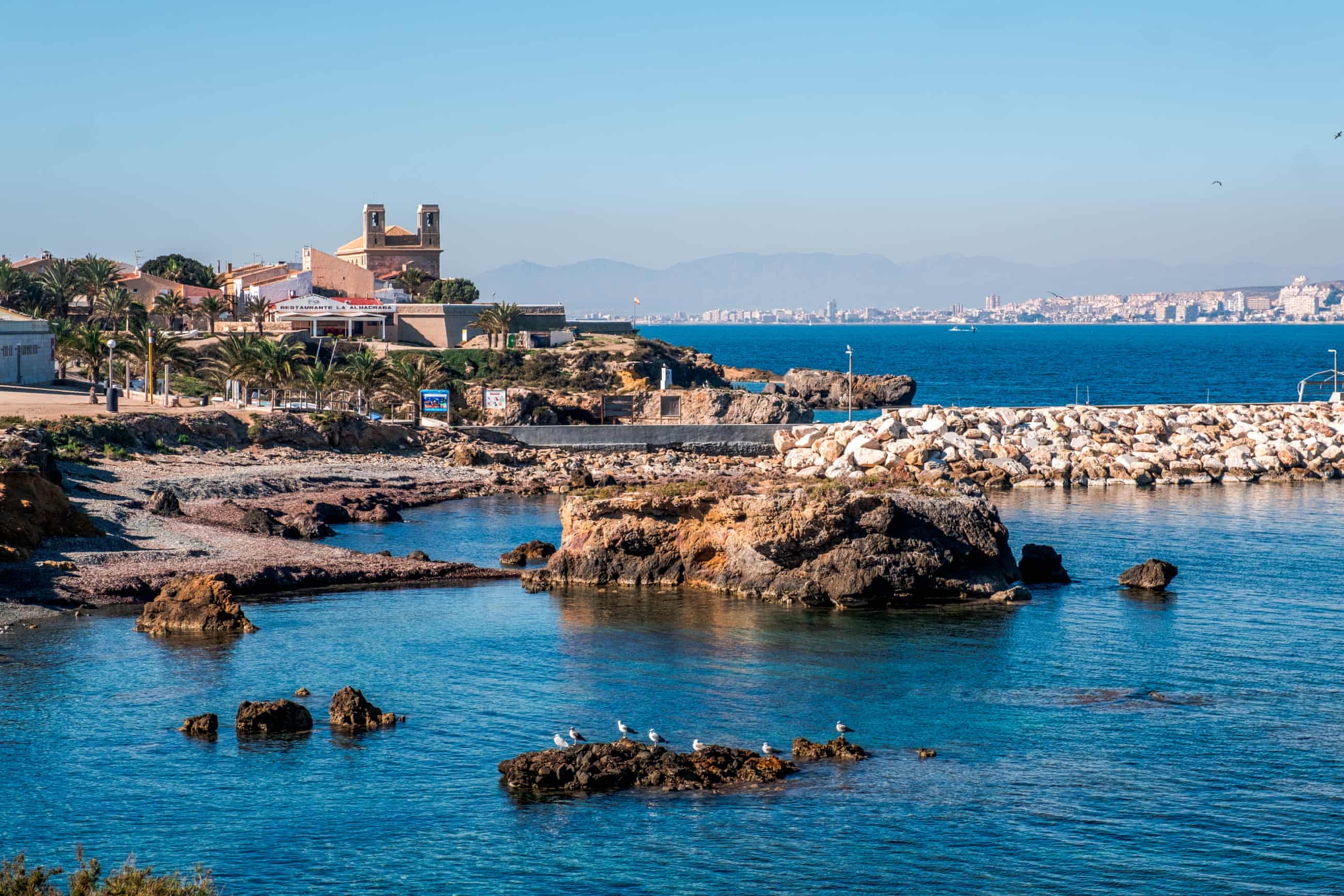
‘Alicante cuisine epitomises the Mediterranean’: a gastronomic journey in south-east Spain

Rukmini Iyer’s quick and easy recipe for spiced paneer puffs with quick-pickled carrot raita | Quick and easy

Chef Skye Gyngell, who pioneered the slow food movement, dies aged 62

How to make the perfect butter paneer – recipe | Felicity Cloake's How to make the perfect …

Fluffy and fabulous! 17 ways with marshmallows – from cheesecake to salad to an espresso martini
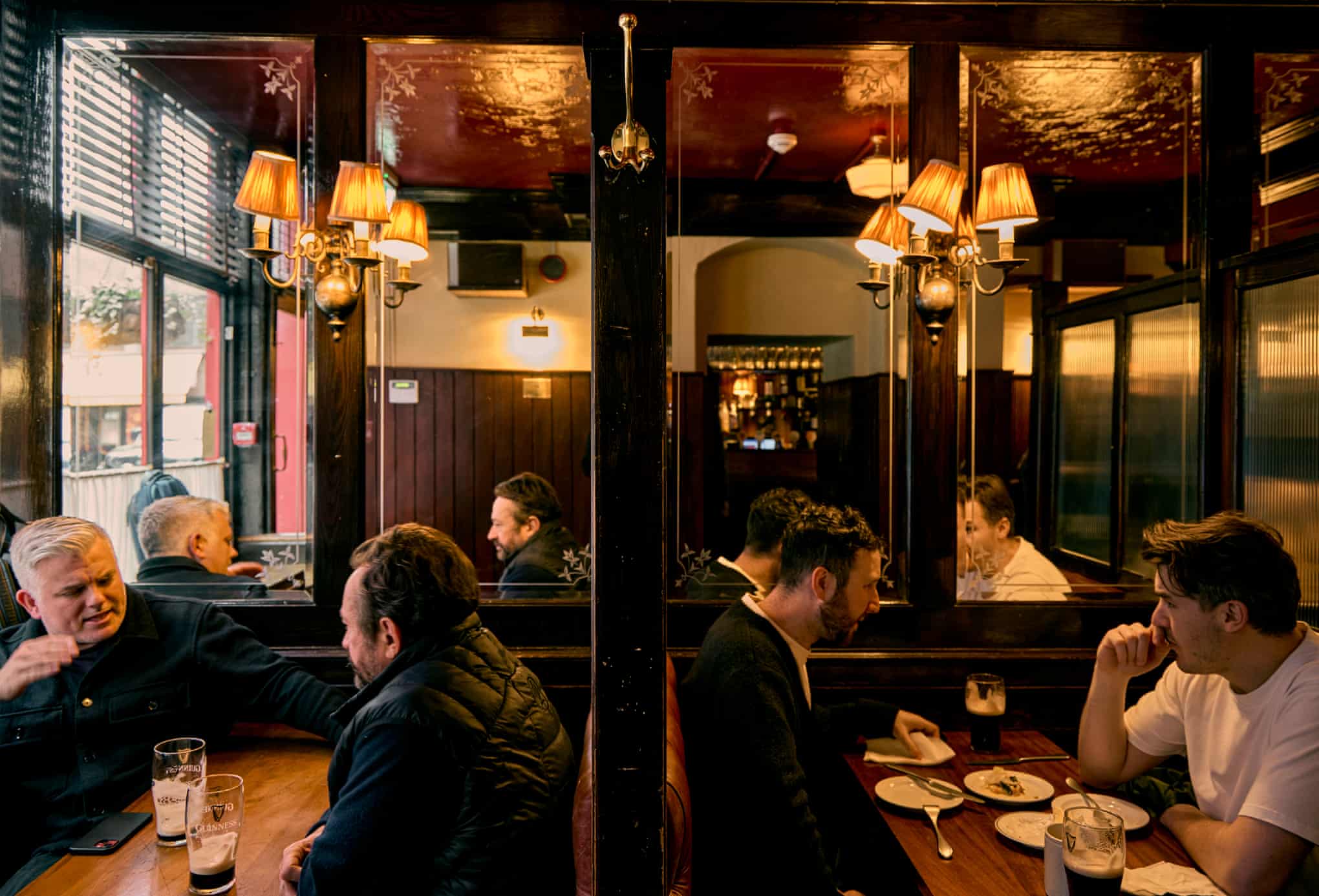
The Shaston Arms, London W1: ‘Just because you can do things doesn’t mean you should do them’ – restaurant review | Grace Dent on restaurants